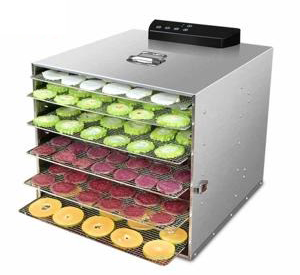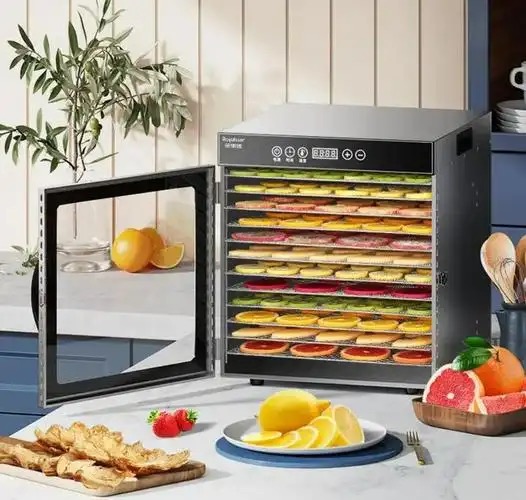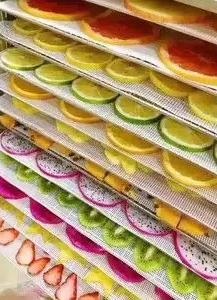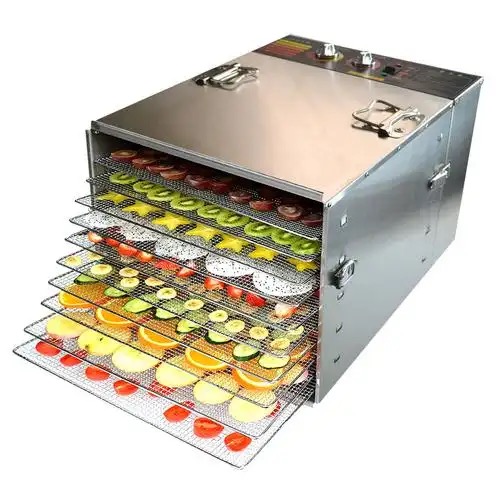
Content Menu
● Introduction to Heat Pump Dryers
● How Heat Pump Dryers Work
● Advantages of Heat Pump Dryers
● Customer Reviews of Popular Heat Pump Dryers
>> 1. Miele TXI 680 WP
>> 2. LG DLHC5502
>> 3. Bosch WTW87560AU
>> 4. Samsung DV90T5240AW
>> 5. AEG TR718L4B
● Common Concerns About Heat Pump Dryers
● Comparing Heat Pump Dryers with Traditional Dryers
>> Energy Consumption
>> Drying Performance
>> Installation Flexibility
>> Environmental Impact
● Tips for Maximizing Your Heat Pump Dryer's Efficiency
● Conclusion
● Related Questions
>> 1. What Is a Heat Pump Dryer?
>> 2. How Do I Choose the Right Heat Pump Dryer?
>> 3. Are Heat Pump Dryers Worth the Investment?
>> 4. Can I Install a Heat Pump Dryer Anywhere?
>> 5. How Long Does It Take to Dry Clothes in a Heat Pump Dryer?
Introduction to Heat Pump Dryers
Heat pump dryers have become increasingly popular in recent years, especially among those looking for energy-efficient laundry solutions. Unlike traditional dryers that vent hot air outside, heat pump dryers recycle air, making them more environmentally friendly and cost-effective. This article will explore the features, benefits, and customer reviews of various heat pump dryers, helping you determine who makes the best heat pump dryer for your needs.

How Heat Pump Dryers Work
Heat pump dryers operate using a closed-loop system that involves two main circuits: the air circuit and the coolant circuit.
- Air Circuit: This is where the moisture from the clothes is extracted. The dryer pulls in air from the room, heats it using a refrigerant, and then circulates it through the drum to dry the clothes.
- Coolant Circuit: This system absorbs heat from the air and transfers it back into the drum, allowing for efficient drying without excessive energy consumption.
This method not only saves energy but also helps maintain a consistent temperature inside the dryer, preventing damage to delicate fabrics.
Advantages of Heat Pump Dryers
1. Energy Efficiency: Heat pump dryers use significantly less energy compared to traditional vented dryers. They can reduce electricity bills by up to 50%.
2. Gentler on Clothes: The lower drying temperatures are less harsh on fabrics, extending their lifespan.
3. No External Venting Required: This makes them ideal for apartments or homes where venting is not feasible.
4. Environmentally Friendly: By recycling air and reducing energy consumption, these dryers are better for the planet.
5. Advanced Features: Many heat pump dryers come equipped with smart technology that allows users to monitor and control drying cycles remotely via smartphone apps.
Customer Reviews of Popular Heat Pump Dryers
1. Miele TXI 680 WP
Miele is renowned for its high-quality appliances, and the TXI 680 WP is no exception. Customers appreciate its efficient drying capabilities and user-friendly interface.
- Pros: Excellent build quality, quiet operation, and effective moisture removal.
- Cons: Higher price point compared to competitors.
2. LG DLHC5502
The LG DLHC5502 has received positive feedback for its performance and reliability. Users report that it dries clothes thoroughly without needing multiple cycles.
- Pros: Energy-efficient, great drying performance, and smart features.
- Cons: Longer cycle times compared to traditional dryers.
3. Bosch WTW87560AU
Bosch's heat pump dryer is praised for its compact size and efficiency. It's perfect for small spaces while still offering excellent drying capabilities.
- Pros: Compact design, quiet operation, and effective drying.
- Cons: Limited capacity for larger families.
4. Samsung DV90T5240AW
The Samsung DV90T5240AW is known for its user-friendly features and efficient drying cycles. Customers love its large door and variety of settings.
- Pros: Easy to use, quiet operation, good capacity.
- Cons: Some users report longer drying times.
5. AEG TR718L4B
AEG's TR718L4B model stands out with its advanced sensor technology that ensures optimal drying results every time.
- Pros: Smart sensors minimize ironing required after drying.
- Cons: Somewhat higher price point.
Common Concerns About Heat Pump Dryers
Despite their benefits, potential buyers often have concerns about heat pump dryers:
1. Drying Time: Many users note that heat pump dryers can take longer than traditional models. However, this is often offset by their energy savings.
2. Moisture Retention: Some users report that clothes may feel slightly damp when removed from the dryer; a simple shake can help release residual moisture.
3. Initial Cost: While heat pump dryers can be more expensive upfront, their long-term savings on energy bills often justify the investment.
4. Maintenance Requirements: Regular cleaning of filters and condensate tanks is necessary to maintain efficiency. Users should be prepared to perform these tasks periodically.
5. Noise Levels: While many models operate quietly, some customers have reported that certain brands can be noisier than expected during operation.

Comparing Heat Pump Dryers with Traditional Dryers
When considering which type of dryer to purchase, it's essential to compare heat pump dryers with traditional vented models:
Energy Consumption
Heat pump dryers consume significantly less energy than traditional dryers because they recycle hot air instead of generating new heat continuously. This efficiency translates into lower electricity bills over time.
Drying Performance
While heat pump dryers may take longer to dry clothes compared to traditional models, they often provide superior results in terms of fabric care and moisture removal. The gentler drying process helps prevent shrinking and fading of clothes.
Installation Flexibility
Heat pump dryers do not require external venting systems, making them ideal for apartments or homes without access to proper venting solutions. In contrast, traditional dryers need proper exhaust systems installed.
Environmental Impact
For environmentally conscious consumers, heat pump dryers are a more sustainable choice due to their lower energy consumption and reduced carbon footprint.
Tips for Maximizing Your Heat Pump Dryer's Efficiency
To get the most out of your heat pump dryer, consider these tips:
1. Load Size Matters: Avoid overloading the dryer as it can hinder airflow and prolong drying times. Aim for medium-sized loads for optimal performance.
2. Use Appropriate Settings: Familiarize yourself with different drying programs available on your model; using the right setting can enhance efficiency and fabric care.
3. Regular Maintenance: Clean filters after every use and check the condensate tank regularly to ensure smooth operation.
4. Pre-Treat Heavier Fabrics: For items like towels or blankets that tend to retain moisture, consider pre-drying them on a shorter cycle before placing them in the heat pump dryer.
5. Keep It Ventilated: Ensure that your dryer has adequate airflow around it by keeping it in a well-ventilated area; this can help improve efficiency further.
Conclusion
In conclusion, heat pump dryers offer a range of benefits that make them a worthwhile investment for many households. With their energy efficiency, gentler drying capabilities, compact designs, and advanced features like smart technology, they cater to various needs and preferences. Brands like Miele, LG, Bosch, Samsung, and AEG have proven to be reliable options in this space.
When considering which heat pump dryer to purchase, it's essential to weigh factors such as drying performance, capacity, price against your specific requirements. Ultimately, if you're looking for an appliance that combines efficiency with effectiveness in drying clothes while being environmentally friendly, a heat pump dryer could be your best choice.

Related Questions
1. What Is a Heat Pump Dryer?
A heat pump dryer is an energy-efficient appliance that uses a closed-loop system to dry clothes by recycling air instead of venting it outside.
2. How Do I Choose the Right Heat Pump Dryer?
Consider factors such as capacity, energy efficiency ratings, user reviews, and specific features like smart technology or sensor drying options.
3. Are Heat Pump Dryers Worth the Investment?
Yes! While they may have a higher initial cost than traditional dryers, their energy savings can lead to lower utility bills over time.
4. Can I Install a Heat Pump Dryer Anywhere?
Yes! Since they do not require external venting, they can be installed in various locations within your home.
5. How Long Does It Take to Dry Clothes in a Heat Pump Dryer?
Drying times can vary but typically range from 1 to 3 hours depending on load size and dryer model; however, they are generally longer than traditional dryers but more efficient overall.












